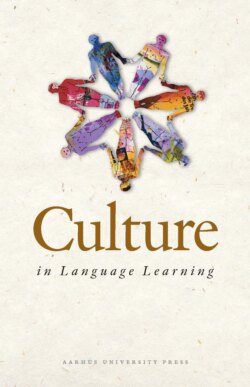Читать книгу Culture in Language Learning - Группа авторов - Страница 18
На сайте Литреса книга снята с продажи.
3.3 RESIGNIFYING CULTURE AS HISTORICITY AND SUBJECTIVITY
ОглавлениеThe term ‘culture’ has come to cover a host of phenomena that mean different things to different people: literate tradition or high C culture, level of civilization, way of life, ethnic membership, country of origin, nationality, ideology, religious affiliation, moral values. It is difficult to find a common objective denominator. However, in our contentious times, ‘culture’ has retained a sense of the irreducible, the sacred, that touches the core of who we are – our history and our subjectivity. Culture is embodied history. Theoretical perspectives on the cultural dimension of language research have thus drawn their inspiration from feminist and post-structuralist theories of the subject (Weedon 1987, Bourdieu 1991), and from theories of language as social semiotic practice (Kramsch 2002), as historical intertextual practice (Hanks 2000), as institutional and ritual practice (Rampton 1995), as discursive and conversational practice (Moermann 1988), and as ideological practice (Cameron 2000). These theories provide fruitful ways of bridging the individual and the social in language use. They enable us to see culture as that precarious third place where our historical and subjective self gets constructed across utterances and turns-at-talk between the self we have just been and the self we might still become.
